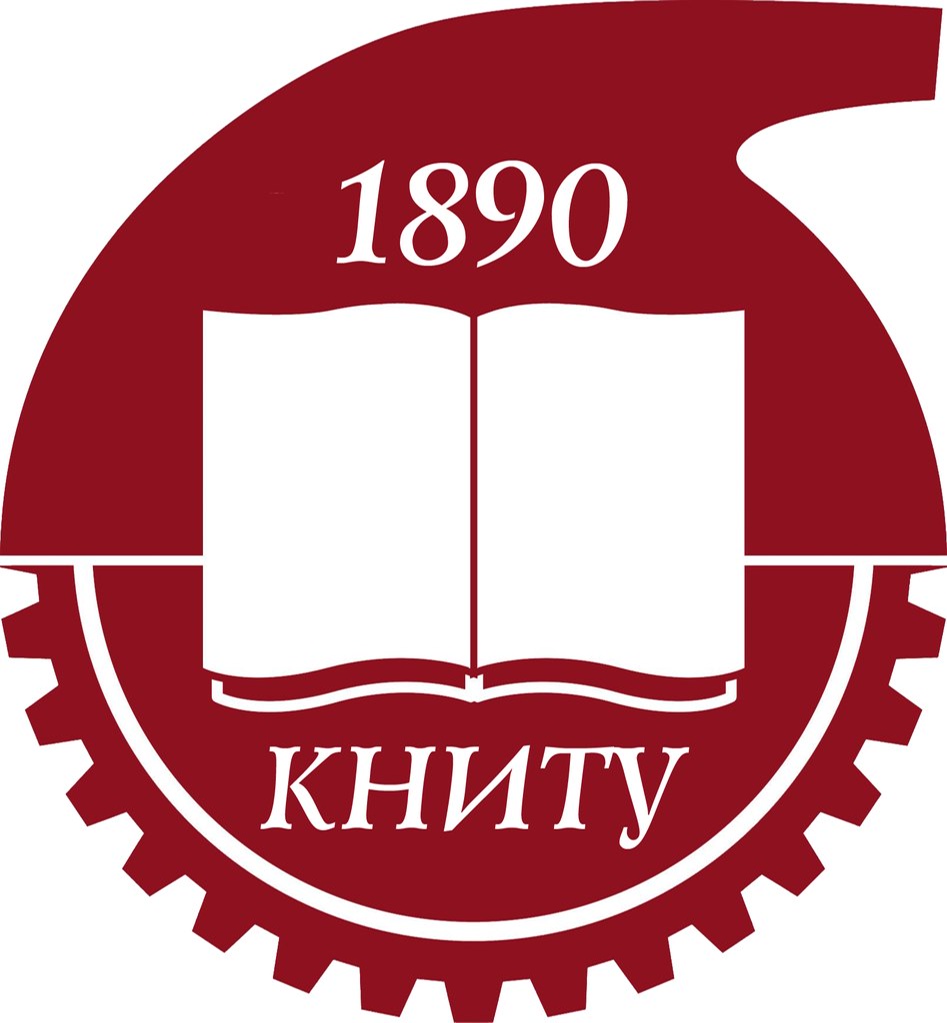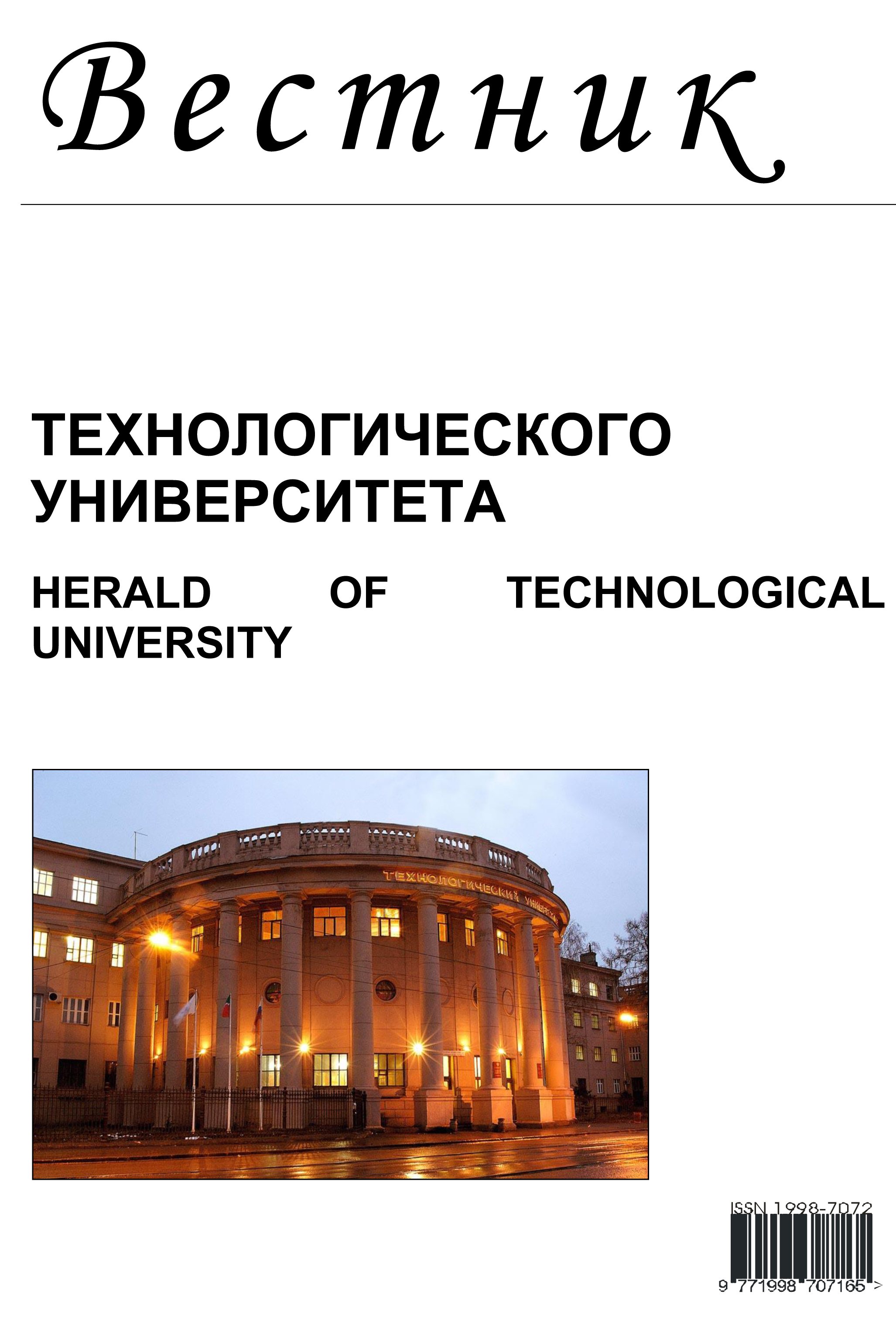In the study of cooperative efforts, researchers identify five key elements necessary for real cooperation: positive interdependence, individual accountability, stimulating interaction, social skills and group work process. A list of innovative methods used in cooperative learning, can be quite large, and each educational system can choose to use any of them (as with the "smorgasbord"), since they are all basically meet the requirements of cooperative learning.
кооперативное обучение, коллаборативное обучение, теория социальной взаимозависимости, позитивная взаимозависимость, индивидуальная ответственность, стимулирующее взаимодействие, социальные навыки, процесс групповой работы, cooperative learning, collaborative learning, theory of social interdependence, positive interdependence, individual liability, stimulating interaction, social skills, process of team work
1. Vygotskiy, L. S. Myshlenie i rech'. Izd. 5, ispr. - Izdatel'stvo "Labirint", M., 1999. - 352 s.
2. Murtazina E.M., Vestnik Kazan. tehnol un-ta.- 2010.- № 9. - S. 728-731.
3. Murtazina E.M., Amirova G.G., Vestnik Kazan. tehnol un-ta.- 2012, T.15 - № 12. - S. 331-335.
4. Murtazina E.M., Lefterova O.I. Vestnik Kazan. tehnol un-ta.- 2012. T.15 - № 10. - S. 45-50.
5. Piazhe, Zhan: teoriya, eksperimenty, diskussiya / Pod red. L. F. Obuhovoy i G. V. Burmenskoy. - Izd. Akademika, 2001. - ISBN 5-8297-0093-X
6. Romanov D.A. Vestnik Kazan. tehnol un-ta, 14, 22, 350-352 (2011).
7. Aronson, E. and Bridgeman, D. (1979). Jigsaw groups and the desegregated classroom: In pursuit of common goals. Personality and Social Psychology Bulletin, 5, 438-66.
8. Bandura, A. "Toward a Psychology of Human Agency". Perspectives on Psychological Science - 2006, No. 1. P. 27.
9. Chiu, M.M. (2000). Group problem solving processes: Social interactions and individual actions. Journal for the Theory of Social Behavior, 30, 1, 27-50, 600-631.
10. Chiu, M.M. (2008). Following toward correct contributions during groups’ mathematics problem solving. Journal of the Learning Sciences, 17(3), 415-463.
11. Deutsch, M. & Coleman, P. T. Psychological Components of Sustainable Peace. New York, NY: Springer. - 2012.- 780r.
12. Garssen, B. (2001). Argument Schemes. In F.H. van Eemeren (Ed.) Crucial concepts in argumentation theory. (pp. 81-99). Amsterdam University Press.
13. Johnson, D.W., R. Johnson, and K. Smith. Active Learning: Cooperation in the College Classroom, second ed., Edina, M.N: Interaction Book Company, 1998.
14. Homans, George C. (1969) “The Sociological Relevance of Behaviourism.” Pp. 1-24 in Behavioural Sociology: The Experimental Analysis of Social Process, edited by Robert L. Burgess and Don Bushell, Jr. New York: Columbia University Press.
15. Kagan, S.(1990). The structural approach to cooperative learning. Educational Leadership, 47(4), 12-15.
16. Lyman, F., 1987, Think-Pair-Share: An expanding teaching technique: MAA-CIE Cooperative News, v. 1, p. 1-2.
17. Ross, J.&Smythe, E.(1995). Differentiating cooperative learning to meet the needs of gifted learners: A case for transformational leadership. Journal for the Education of the Gifted, 19, 63-82.
18. Scinner, B.F. Recent issues in the analysis of behavior. Columbus, OH: Merrill.- 1989 -360p.
19. Slavin, Robert E. ( 1991), Synthesis of research on cooperative learning: Educational Leadership, v. 48, no. 5, p. 71-82.
20. Tewksbury, B.J. and Macdonald, R.H. (2007). A practical strategy for designing effective and innovative courses, in Designing, Implementing, and Sustaining a Research-SupportiveUndergraduate Curriculum (eds K.K. Karukstis and T. Elgren), Council on Undergraduate Research.
21. http://serc.carleton.edu/NAGTWorkshops/coursedesign/tutorial/strategies.html
22. Frolova I.I., Ahmetzyanova G.N., Valeeva N.Sh. Vestnik Kazan. tehnol un-ta.- 2013, T.16 - № 1. - S. 350-354.
23. Valeeva N.Sh., Pivkin S.D., Sevost'yanova E.V. Vestnik Kazan. tehnol un-ta.- 2013, T.16 - № 21. - S. 350-353.
24. Valeeva N.Sh., Hasanova G.B. Vestnik Kazan. tehnol un-ta.- 2011. - № 8. - S. 280-283.









